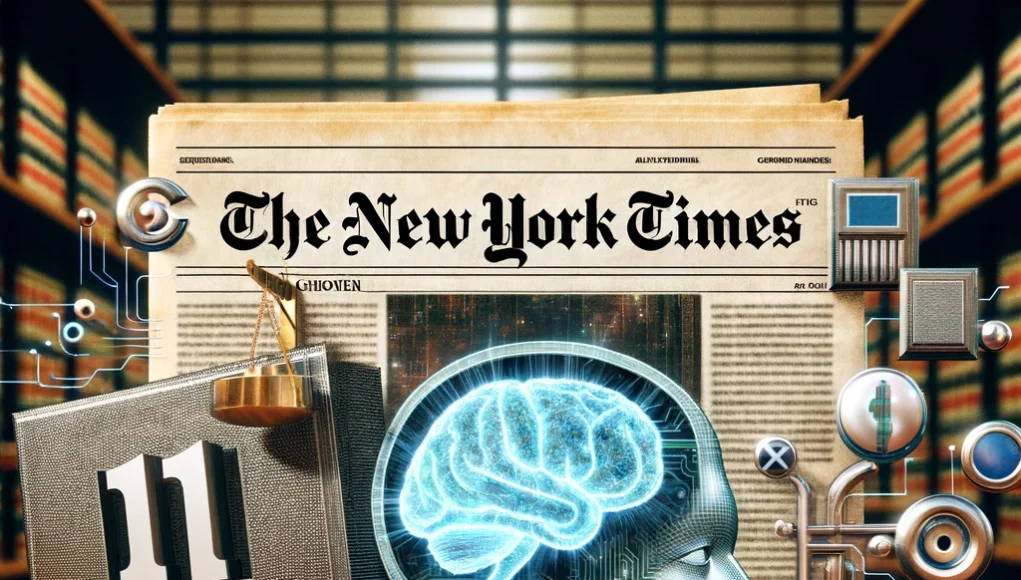The New York Times recently took legal action against Microsoft and OpenAI, the creators of AI tools like Copilot and ChatGPT. The newspaper accused them of using its articles and other materials to improve their AI without asking or paying. They believe the tech companies wrongly call this ‘fair use’ and keep using the newspaper’s work even after being asked to stop.
In Manhattan’s federal court, the New York Times argued that Microsoft and OpenAI’s AI systems were developed by copying loads of its articles, investigations, and more. The newspaper mentioned that these companies put a lot of focus on its content while training their AI. They’re worried that products like Copilot and ChatGPT might replace their journalism without giving them credit or money.
The newspaper also said that ChatGPT and Copilot sometimes repeat or summarize its content, or even sound like its writing style.
The lawsuit claims that Microsoft’s AI, trained with the Times’ content, helped increase its market value by a trillion dollars last year. OpenAI’s value is said to have reached $90 billion with ChatGPT’s release. The New York Times could be looking at billions in damages for this copyright issue. They want to be paid for the illegal use of their unique content.
After finding out their content was used for AI training, the New York Times tried to make a deal with the companies. They wanted fair payment and a way to keep the news world healthy and AI development responsible. But the talks didn’t work out, as Microsoft and OpenAI insisted they were using the content fairly.
This lawsuit comes after a group of authors, including George RR Martin and John Grisham, sued OpenAI for using their work to train ChatGPT without permission. They called it “systematic theft on a massive scale”. Not long before that, another group of authors had sued OpenAI for clear intellectual property infringement.
ChatGPT, launched in November 2022, has become very popular. It saw a massive increase in users in 2023, with about 173 million visits by April and 1.7 billion by October. It’s particularly popular in India, which is the second-largest user base for ChatGPT. The US leads with the highest number of users.


















